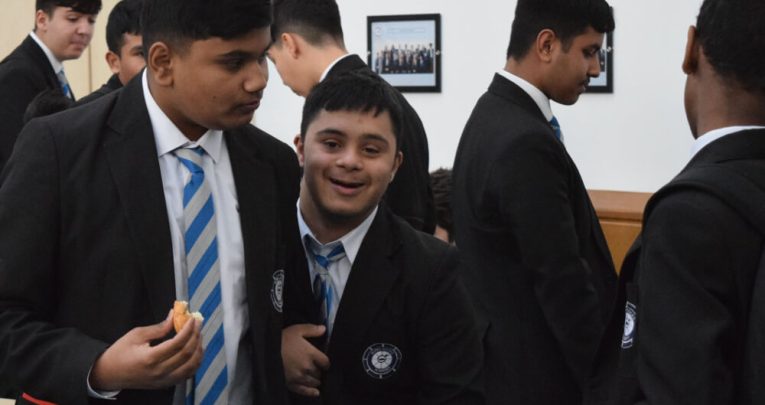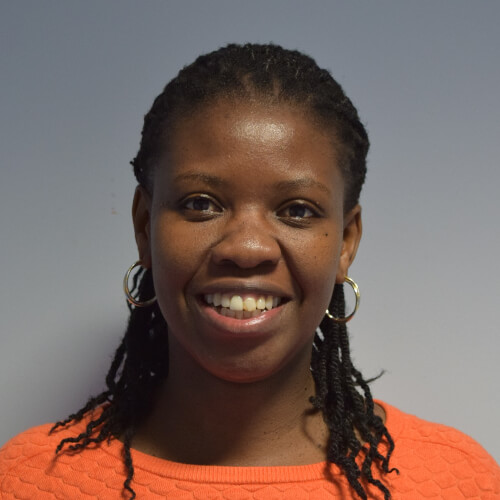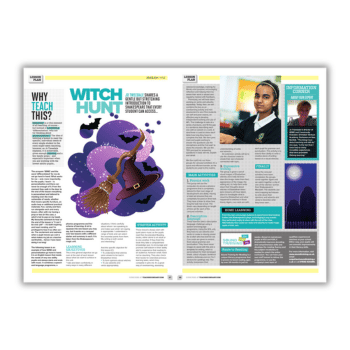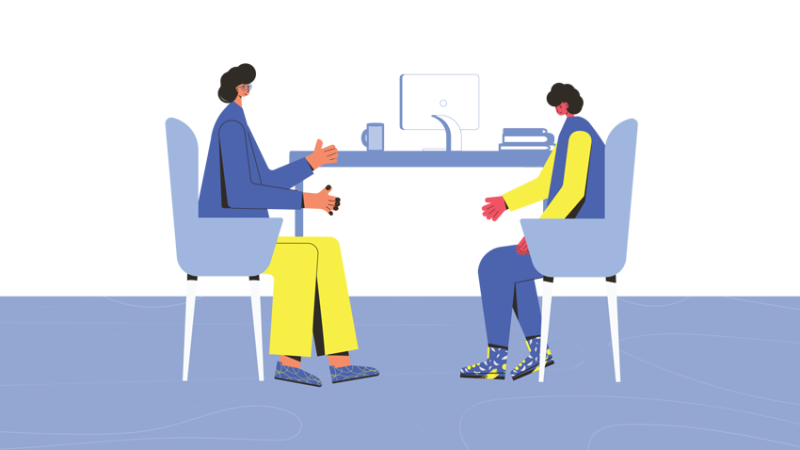Enabling Students with Profound Learning Difficulties to Work Alongside Mainstream Peers Benefits All

At Royal Docks Academy, enabling students with profound and multiple learning difficulties to live and learn alongside their mainstream peers is unlocking benefits for every student, as Zama Shozi explains…

- by Zama Shozi

Lunchtime at Royal Docks Academy in Newham, east London, is not only an opportunity for students from the school’s PMLD unit, of which I am head, to learn vital life skills around food and eating, but also a chance for them to catch up with friends who learn in the mainstream.
As often as possible, in fact, young people from the PMLD unit – who could have Down’s syndrome, ASD, or be wheelchair users or blind – interact with their more able RDA peers; a change that was introduced when the school joined multi-academy Trust BMAT a year ago.
Remembrance Day 2018 was particularly poignant, with the entire school, including PMLD students, gathered together to mark the occasion side by side. Students from both parts of the school also put on productions together each year.
And this is when you really realise the caring side of teenagers – the mainstream learners always make sure our students are a part of the school and will come to us and say they would like someone to come and sit with their friends.
Some have even asked to learn sign language and so we are setting up an after-school club for them.
Our PMLD students know cognitively what is right and wrong. But, in this setting, they see how society expects us all to behave. When we go into the dining hall, for example, there are certain expectations.
At a specialist school, there is not always that wider model, which can perhaps mean that behaviour that wouldn’t be acceptable generally might become normalised – although, of course, we always make adjustments for learners’ individual needs.
Shared resources
Our PMLD unit – which is oversubscribed – serves 25 students with varied special educational needs. Pupils are taught a personalised curriculum which gives every young person an opportunity to learn life skills, acquire meaningful knowledge, and experience the world beyond a classroom.
Educationally, we are very lucky, as we have access to resources in the mainstream school. I work closely with the science, art and D&T departments, where there is a wide range of resources and experts.
In a specialist school setting, you tend to have primary school trained teachers, so you might not always have subject expertise in science or art to draw upon.
Our students learn maths, science, English, humanities, RE; we do things that are safe, but exciting for them. In the unit itself, we have three classrooms, break-away areas for therapy, a life skills flat and a sensory room.
We don’t do it all alone, of course. We have a nurse on site, as I can’t make clinical decisions, and a doctor visits once a month.
We also work closely with St Mary’s Hospital Medical School and each year have first year medical students spend placements with us to learn about medicine in the community.
Students from local colleges – and our own mainstream school – are also placed with us to learn new skills through unique practical engagement with our young people.
Beyond limits
And we don’t stay within our four walls, either, as that is not teaching students all they need to know to live well in the outside world.
We regularly get out and about, taking our young people swimming or to participate in adaptable rowing and other disability sports, promoting healthy living along the way.
That is real life; we also go into the supermarket so they can buy ingredients as we cook each week, and to cafés where they can order their own food. As we travel they learn crucial life skills about road safety, approaching dogs and so on.
The challenges we face push our teaching skills to the limits, too. Our attitude is always, there must be a way.
How we care for and communicate with them is important – but ultimately, we are not a nursing home; we are here to teach these young people.
On our team, we have four teachers, 11 full-time TAs and five supply TAs as most students require a one-to-one.
It can be hard to recruit, of course, as we handle intimate care which can be difficult for some people to consider.
But, complex medical needs – which are increasing as children start to live longer – should not be something that stops us from teaching them.
It is not something we could do half-heartedly. We always strive for excellence, and it’s so rewarding to see that sense of pride on our students’ faces when they achieve something beyond even their own expectations.
That’s the highlight for me.
View from the head
“The young people in our resourced provision bring something very special to the school. It is a joy to see children with such a range of profound needs make progress. The team in the unit work hard, and support them both educationally and socially to develop important life skills that will give them as much independence as possible.
I particularly love how students in the main body of the school socialise with and look after their peers in the unit. It really brings an important dimension that makes Royal Docks the unique school it is.”
John Blaney, executive headteacher
Royal Docks Academy
Zama Shozi is head of the PMLD unit at Royal Docks Academy.







